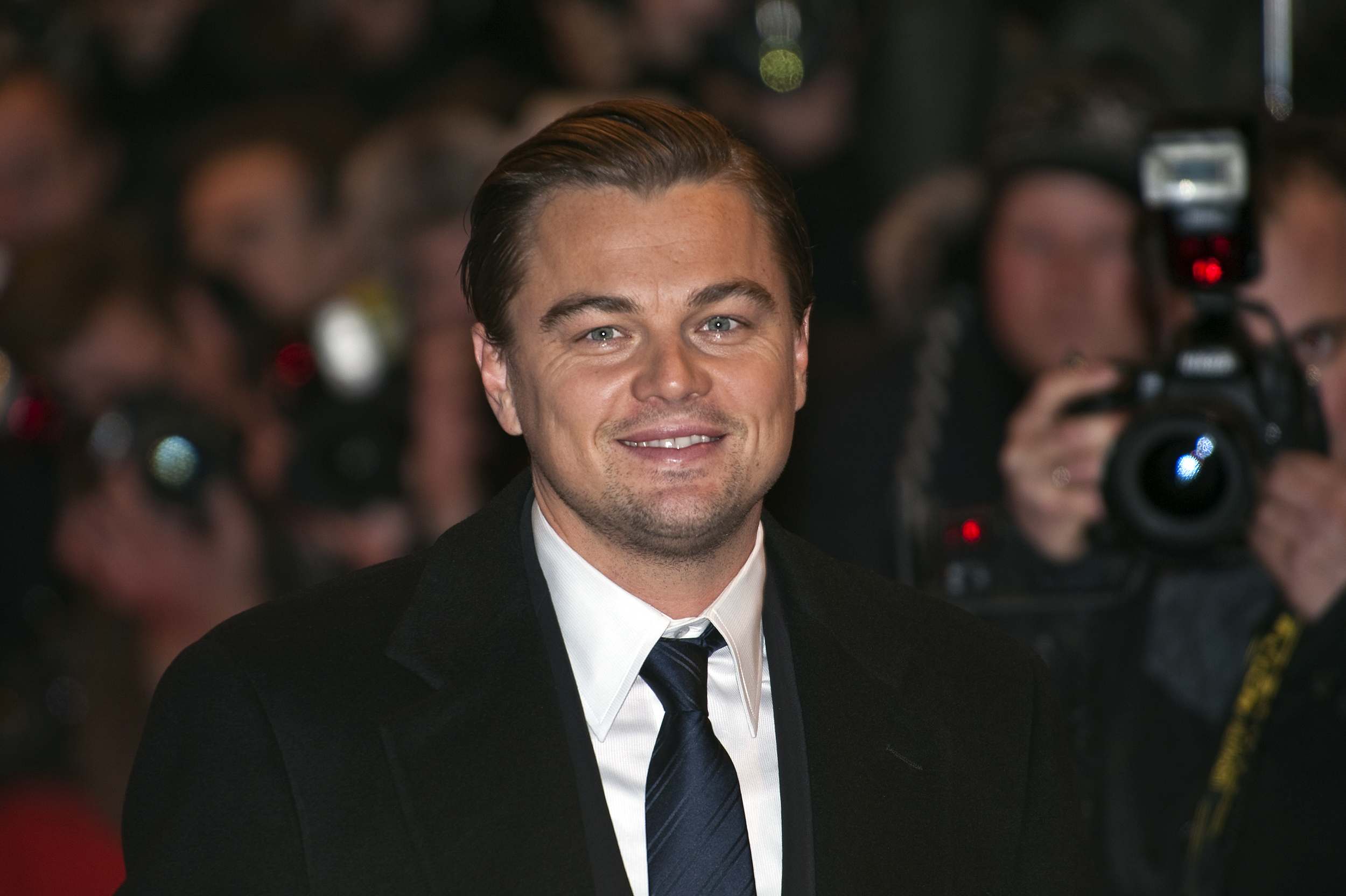What if my whole universe turned out to be a delusion ? Is it possible that the good person I think I am has always been a big fat lie ? Does this all really exist or is it only a giant hallucination ? This is the kind of questions you ask yourself when the ending credits appear on the screen. When Martin Scorsese (Taxi Driver, Goodfellas, Casino, The Departed to name but a few) works on a novel by Dennis Lehane (Mystic River, Gone Baby Gone), the result is bound to be explosive. And Shutter Island doesn’t disappoint.
Let’s rewind. Shutter Island, Ashecliff Hospital for the so-called criminally insane, 1954. US Marshal Teddy Daniels (Leonardo DiCaprio) and his partner Chuck Aule (Mark Ruffalo) set foot on this island, which is not exactly the ideal holiday destination, in order to find a missing patient, Rachel Solando (Emily Mortimer). However, we quickly understand that Teddy’s real aim has nothing to do with that particular investigation and that Dr Cawley (Ben Kingsley) is hiding what’s really going on (or not going on, for that matter). The original (wo)manhunt turns into a quest of the self, a desperate search for sanity in an insane world. A world where the real lunatics are not necessarily easy to find once we’ve gone beyond the obvious. In the end, the concepts of truth, reality and identity have become blurry at best. Just when you thought Lost was the best a director could do with an island…
In a perfect horror movie setting (a bit too much so, as a matter of fact… What are the odds of a storm destroying all communication devices on an isolated island full of dangerous maniacs and surrounded by deadly cliffs ? Please.) vaguely reminiscent of Stephen King’s The Shining, Martin Scorsese skillfully directs his way through a highly twisted plot with the help of his now usual accomplice Leonardo DiCaprio (their fourth collaboration after Gangs of New York, The Aviator and The Departed), as brilliant and troublesome as ever since he reached the grown-up stage (I’m talking about the post-Titanic period) in his interpretation of a tortured widower scarred by what he discovered in the Dachau concentration camp and his wife Dolores (Michelle Williams)’s death. Through the eyes of its main character, the movie oscillates between nightmares and reality until we can no longer tell them apart. The only thing remaining in the end is that once you’re considered out of your mind, it’s forever and no one will ever listen to you again. Even the viewers will eventually doubt your word in their cozy movie theater seats. But don’t take my… word for it, go watch it !
Article published in MUSE in April 2010.
Picture: By Siebbi (Leonardo DiCaprio) [CC-BY-3.0 (http://creativecommons.org/licenses/by/3.0)%5D, via Wikimedia Commons

